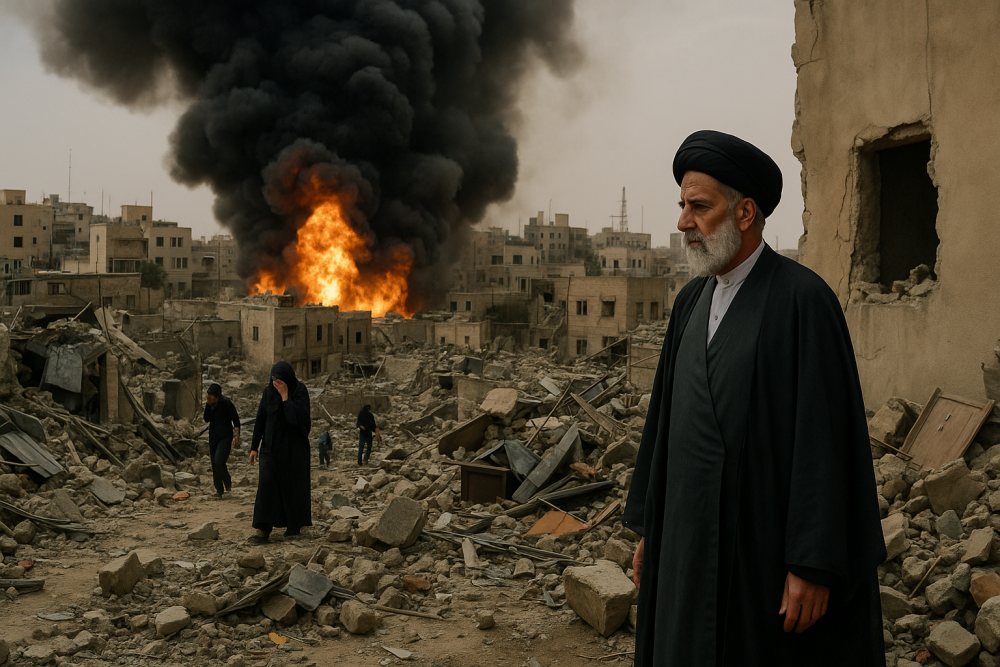
As tensions between Iran and Israel continue to escalate, diplomatic efforts by Oman and Qatar to mediate a ceasefire have suffered a serious setback. Iran has formally rejected mediation proposals, stating it will not consider a ceasefire until Israel halts its aggressive military operations.
Iranian authorities have made it clear that they will not enter into negotiations or discuss any form of de-escalation while Israeli airstrikes continue to target key locations within the country. The Iranian leadership views the attacks as unprovoked acts of aggression and insists that any diplomatic dialogue must be preceded by an immediate cessation of hostilities.
According to reports, the Israeli military has launched a series of strikes over the past 48 hours targeting strategic and civilian areas, including Shiraz, Isfahan, and the outskirts of Tehran. The Iranian health ministry has confirmed that at least 224 civilians have been killed so far, with hundreds more injured.
The refusal to engage in talks marks a blow to the mediation initiatives spearheaded by Oman and Qatar, both of which have historically played neutral roles in regional conflicts. Diplomatic insiders suggest that the collapse of this effort could lead to a prolonged and more destructive phase in the ongoing conflict.
International actors, including the United Nations and the European Union, have called for restraint from both sides and urged for an immediate return to dialogue. However, with Tehran’s firm stance and Tel Aviv’s continued offensive, the prospects for peace remain bleak.
The Israel-Iran conflict, rooted in long-standing ideological, political, and strategic rivalries, has reached a dangerous new peak, raising fears of a broader regional destabilization in the Middle East.